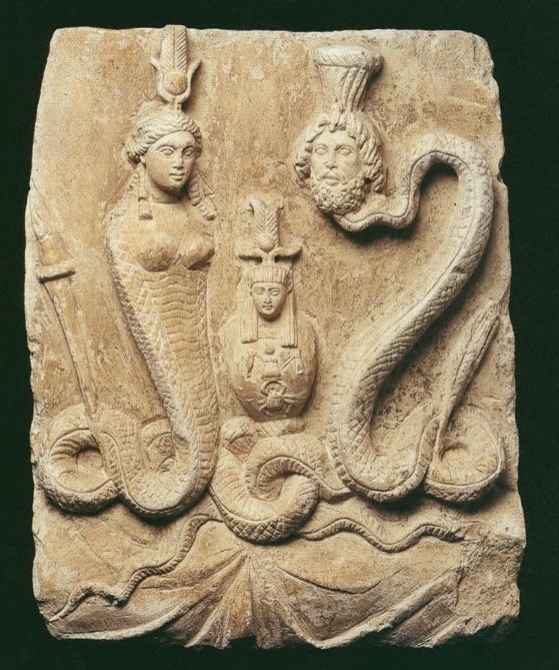Should we close our borders? Not according to the Classical World!
Leiden University archaeologists receive multiple awards for research on interaction between the Greek and Roman world and ‘The East’
The Classical World looms large in contemporary debate about the future of the European Union, its relation with neighbours, and its policies towards the influx of migrants. Numerous politicians have used the Roman Empire –the first great power to unify large parts of Europe- as a mirror for contemporary events. Dutch Prime Minister Mark Rutte compared the current migrant-crisis to the Fall of the Roman Empire, Geert Wilders, a member of the Dutch Parliament, has likened Islam to the Trojan Horse, and Boris Johnson, the mayor of London, has written what is essentially a political pamphlet called ‘The Dream of Rome’. But how did the Ancients really interact with their neighbours? Thanks to a number of prestigious scholarships, research grants and awards, various scholars from Leiden University are studying the relations between the Classical World (the world of the ancient Greeks and Romans) and ‘foreigners’ from the Near East. The picture that emerges is far more diverse and complex than what most politicians would like us to believe.

“Yes, there was a lot of animosity and xenophobia, but the Greeks and Romans also welcomed foreigners, their ideas, skills and arts”, says Dr. Miguel John Versluys. He has been awarded a prestigious VICI grant by the Netherlands Organisation for Scientific Research (NWO). His project ‘The impact of global connections and the formation of the Roman Empire (ca. 200-30 BC)’ will explore the interaction between the expanding Roman empire and various other important states in the Ancient Near East, such as Ptolemaic Egypt and the realm of the almost legendary Mithridates, King of Pontus and Armenia. Versluys will lead a large research group with the aim to establish how Roman cultural identity was constructed, and how it incorporated numerous, originally alien, symbols and ideas.
Dr. Richard Veymiers from the University of Liège will join Leiden University with a Marie Curie Fellowship. His research will focus on how Egyptian religious life, and especially religious iconography, influenced Greek and Roman culture. This was by no means a straightforward affair: earlier research by Veymiers and other specialists, including Leiden University’s Miguel John Versluys, have demonstrated that depictions of what may look like typical ‘Egyptian’ deities were used in various different ways throughout the Greco-Roman world, adopted new meanings and values through the ages, merged with Greek or Roman deities, until, long after the fall of Rome, a gem with a depiction of the Greco-Egyptian God Serapis could be reworked in order to show the face of Charlemagne –Emperor of the Franks.
Professor Olaf Kaper has been invited to become a Guest Scholar at the Getty Research Institute in Malibu, California. Kaper will focus his research on the relations between the Classical World and Egypt in Roman times. Over the past few years, he has excavated at Kellis, an important settlement in the Dakhleh Oasis in western Egypt. Although Kellis lies in the western desert, far away from the important cities near the Nile delta, such as Alexandria, its inhabitants were clearly well-attuned to cultural developments elsewhere in the ancient world. This is demonstrated not only by the variety of scripts and languages that were written and spoken at Kellis, but also in religious art. Kaper will study a number of 2nd century wall paintings which were excavated and restored between 1991 and 2004 in a small temple, and how these paintings reflect local attitudes towards Roman culture –and how Roman residents responded to native culture.

Dr. Jorrit Kelder was invited to be a Guest Scholar at the Getty Research Institute for the 2015/16 academic year, and will commence his residency in April 2016. His research focuses on the interaction between the Greek world and Egypt, especially in terms of diplomatic relations, and the exchange of ideas, objects, and people. In collaboration with Versluys, Kelder currently works on a paper discussing the role of Egypt in the wider world of the Mediterranean.
Leiden University offers its academics bespoke support in the development of their research portfolio through its knowledge exchange office, Luris.
